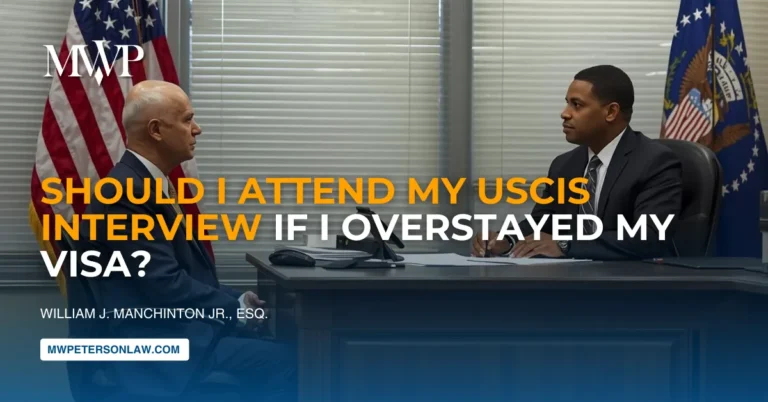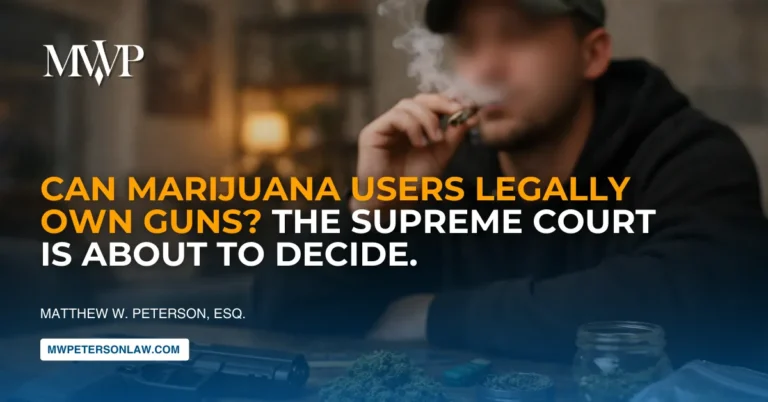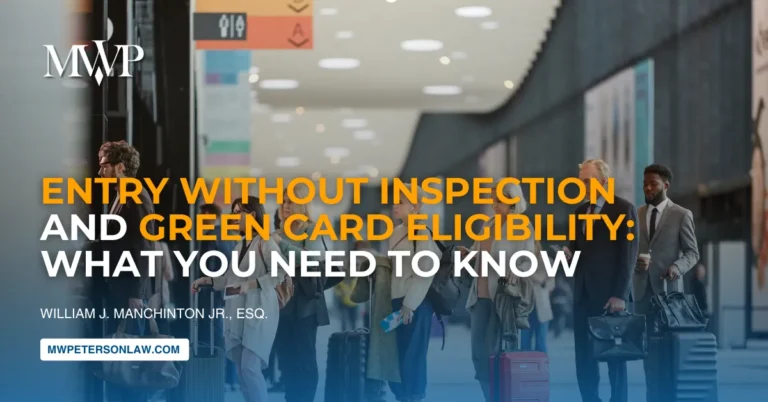Applying For Massachusetts License To Carry?
Applying for a Massachusetts License to Carry (LTC) can feel overwhelming, especially when you’re navigating unfamiliar legal territory. The process is filled with requirements that might seem straightforward on the surface, but hidden pitfalls can derail even the most well-intentioned applications. Understanding these common mistakes can mean the difference between approval and denial—and save you months or even years of frustration.
Here are the five most critical errors people make when applying for their Massachusetts LTC, along with practical guidance to help you avoid them.
Mistake #1: Failing to Disclose Your Complete Criminal History
This is perhaps the most devastating mistake applicants make, and it’s completely avoidable. Many people assume that if the police already have access to their criminal record, they don’t need to disclose everything in detail. This assumption couldn’t be more wrong.
The truth is simple: you must disclose every single time you’ve appeared in court, regardless of the outcome. This includes cases that were dismissed, continued without a finding, or resulted in not guilty verdicts. It also includes any restraining orders, even temporary ones that were later lifted.
Think of it this way—the licensing authority isn’t just looking at what happened; they’re evaluating your honesty and transparency. Failing to disclose something they later discover can become independent grounds for denial, even if the original incident wouldn’t have disqualified you.
Pro tip: Before submitting your application, run a CORI (Criminal Offender Record Information) query on yourself. Print it out and use it as your roadmap for disclosure. If an incident happened years ago and you can’t remember all the details, include what you do know and explain the limitations of your memory. Honesty about uncertainty is far better than omitting information entirely.
Mistake #2: Not Understanding What Criminal History Disqualifies You
Some applicants waste time and money applying for an LTC when they’re legally ineligible to receive one. Massachusetts has specific disqualifying factors that create absolute bars to LTC approval.
If you have prior convictions for felonies, drug offenses, or many types of misdemeanors in Massachusetts, you cannot receive an LTC until those convictions are overturned or sealed through the proper legal channels. Applying before addressing these issues is like trying to build a house without a foundation—it simply won’t work.
Before investing in the application process, honestly assess your criminal history against Massachusetts standards. If you have disqualifying convictions, consult with an attorney about options for clearing your record first. This might involve filing motions to seal records or pursuing other legal remedies, but it’s essential groundwork that must be completed before your LTC application can succeed.
Mistake #3: Failing to Present Evidence of Rehabilitation and Good Character
If you have a criminal history that’s dated but not automatically disqualifying, don’t assume the licensing authority will simply overlook it because time has passed. You need to actively demonstrate that you’ve changed and that you’re now a suitable person to possess a firearm.
This means gathering evidence of your good character and rehabilitation. Consider including letters of recommendation from employers, community leaders, or clergy members who can speak to your character. Document any community service, steady employment, educational achievements, or other positive life changes since your last legal trouble.
Think of this as telling your story of growth and responsibility. The licensing authority needs to see not just that time has passed, but that you’ve used that time to become a better person who can be trusted with the serious responsibility of firearm ownership.
Mistake #4: Missing the Appeal Deadline
Massachusetts has strict deadlines for appealing LTC denials or suspensions, and these deadlines are unforgiving. If you miss the window to appeal, you could be waiting years before you can reapply—even if you have pending criminal cases that are ultimately dismissed.
The appeal process exists for good reason, and it’s often more successful than people realize. Don’t let frustration or assumption about the outcome prevent you from exercising this important right. Calendar the deadline immediately upon receiving any denial or suspension notice, and don’t wait until the last minute to decide whether to appeal.
Remember, during the appeal process, you may have opportunities to present additional evidence or clarify misunderstandings that led to the initial denial. An appeal isn’t just a second chance—it’s often a better chance because you know what concerns the licensing authority had the first time.
Mistake #5: Going It Alone at Your Appeal Hearing
Many people contact attorneys after representing themselves at an LTC appeal hearing that didn’t go well. Unfortunately, by that point, it becomes much more difficult to help because the official record is already established, and crucial arguments or evidence may not have been properly presented.
LTC appeal hearings are legal proceedings with specific rules and standards. What seems obvious or important to you might not be what the hearing officer needs to hear. Professional representation ensures that your case is presented in the most compelling way possible, with proper emphasis on the factors that matter most to the decision-maker.
If you’re heading to an appeal hearing, consider it an investment in your future. The cost of professional help is minimal compared to the years of delay and frustration that can result from an unsuccessful self-represented appeal.
Understanding the LTC Process
The basic LTC application process in Massachusetts involves several steps: completing the application, taking a required firearm safety course, and submitting everything along with the appropriate fee to your local police department. While these steps seem straightforward, each stage presents opportunities for the mistakes outlined above.
Moving Forward with Confidence
The LTC application process doesn’t have to be a maze of uncertainty and stress. With proper preparation and understanding of these common pitfalls, you can navigate the process successfully. However, given the complexity and long-term consequences of mistakes, many applicants benefit from professional guidance.
Consider scheduling a consultation to review your specific situation before submitting your application. An experienced attorney can help you understand how your particular circumstances might affect your application and guide you through the process to avoid these costly mistakes. The Law Office of Matthew W. Peterson has years of experience handling and helping clients out regarding on what kind of issues they had when applying Massachusetts License to Carry.
Your right to protect yourself and your family is important, and with the right approach, you can secure your LTC while avoiding the frustration and delays that trap so many other applicants.











